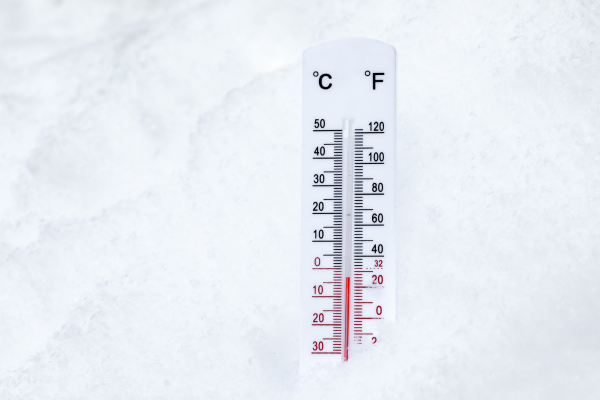In a year that has been filled with immense loss, our family was no exception. A family member passed away in early January and we quickly discovered that he hadn’t had time to complete a Will or dictate to anyone what his last wishes would have been.
I soon realized that in my mind, the way that things “should” have worked was not at all how they do once someone has passed who did not have specific instruction on their desires. Even though we all had an idea of his final wishes, the lack of legality made taking care of things a lengthier and more complicated process. I began thinking about what our family would go through if my husband and I were to pass. We don’t have a lot but we have enough to constitute need for documents stating our wishes for our property, belongings, and finances. Most importantly, we needed to determine who would take care of our children in the event of our deaths. Just thinking “Oh, our parents or siblings would handle all that” gives no legal or concrete path for our children to be taken care of and our final affairs to be handled.
I spoke with Melinda Hedrick, JD, CPA, a local estate planning attorney and Waco mom, to get more information on what the essentials would be for a young family like ours in order to make sure our relatives had a smooth transition in the event of tragedy.
Melinda advised that the bare minimum for parents of minor children is a Will, ensuring and establishing guardianship of any dependents. This serves as a pathway to a smooth transition of rights and responsibilities, should the biological parents or legal guardians of minor children pass away. The Will also provides a framework for the dispersement of assets for the dependents and other family members.
Additionally, Melinda recommended a Medical Power of Attorney, which names someone to act as your agent in the event you cannot make your own medical decisions. I hadn’t really thought of this. At this point in my life, my husband would obviously be making decisions on my behalf if I was unable, but what about if we both couldn’t? Who would we appoint to take over then? We’d like to think our family members would be able to agree on what would be best for us, but what if they couldn’t? What if everyone we depend on in times of tragedy had a different desire for our care? Establishing a Medical Power of Attorney takes the guesswork away and sets up the expectations from the beginning. In a time of uncertainty, this would be one less thing for our families to be concerned about.
Lastly, Melinda suggested we complete a Durable Power of Attorney. Similar to its medical counterpart, the Durable Power of Attorney would designate an agent on our behalf to confirm choices in our property, finance, and care, should we become unable to do so ourselves. This can be broad or very specific and comes into play in situations where decisions need to be made regarding bills, bank accounts, vehicles, and so on. Having this in place in the event my husband and I were to become incapacitated streamlines the process for our loved ones to help keep things up to date and continue payments or responsibilities for money and properties.
Before our family’s sudden loss in January, these documents hadn’t crossed my mind. On the rare occasion I thought about what would happen to our kids and assets in the event of our deaths, I just assumed our families would take over. I have always known our children would be loved and taken care of, and our affairs would be handled appropriately by our parents and siblings, but I never realized how hard that would be for them without specific legal documents giving them the permissions to do so. Spending money on paperwork never really jumped into my mind as a top priority, but for less that $1000 we have been able to solidify our children’s security if something was to ever happen to us. That has become something certain in such uncertainty, and to us that is priceless.
















